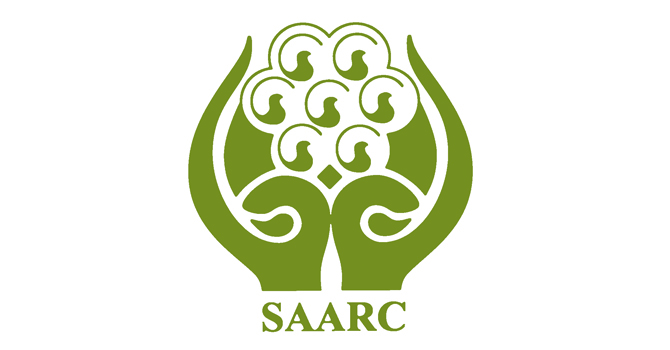Experts stress better connectivity, cooperation in SAARC region

By A Staff Reporter
Kathmandu, Sept. 27: Experts have suggested that improved connectivity and cooperation through renewed political commitment to regional and sub-regional initiatives could benefit South Asia and enhance the much needed reforms in multilateralism and globalisation.
While the COVID-19 pandemic has exacerbated powerful trends towards de-globalisation, looking inwards by abandoning regional cooperation is not a solution for the South Asian countries, they said while speaking at a virtual regional meeting on “Future of Globalization: Outlook for South Asian countries” organised by South Asia Watch on Trade, Economics and Environment (SAWTEE) the other day.
In his keynote speech, Dr. Baikuntha Aryal, Secretary (Commerce) at the Ministry of Industry, Commerce and Supplies, Nepal, asserted that enhancing mutual trust is the fundamental factor needed to deepen regional integration in South Asia in a way that produces tangible outcomes.
Dr. Aryal offered the way forward for deepening regional integration in South Asia, which includes, “establishing strong supply chains, improving trade infrastructure and connectivity, following the regional growth patterns carefully, embracing the use of digital technologies, improving the business environment, and improving mutual cooperation”.
Prof. Sachin Chaturvedi, Director General at Research and Information System for Developing Countries (RIS), New Delhi, emphasized that the current regional integration approach in South Asia has been a hostage to an obsession of economists with trade integration at the expense of other valuable linkages.
Dr. Fahmida Khatun, Executive Director at the Centre for Policy Dialogue (CPD), Dhaka, stressed that while the nature of globalization may change, a complete reversal is not possible.
She further highlighted that a number of trans-boundary issues will be important for regional cooperation—primarily, reduction of poverty, dealing with climate change issues, dealing with increased use of technology brought by the impending 4th Industrial Revolution, among others.
Subhashini Abeysinghe, Research Director at Verite Research, Colombo, mentioned that even with the ongoing US-China trade war, it is not going to be easy to unplug the supply chains that have been built for decades, hence globalization might undergo some changes but will remain an important force.
Recent News

Do not make expressions casting dout on election: EC
14 Apr, 2022
CM Bhatta says may New Year 2079 BS inspire positive thinking
14 Apr, 2022
Three new cases, 44 recoveries in 24 hours
14 Apr, 2022
689 climbers of 84 teams so far acquire permits for climbing various peaks this spring season
14 Apr, 2022
How the rising cost of living crisis is impacting Nepal
14 Apr, 2022
US military confirms an interstellar meteor collided with Earth
14 Apr, 2022
Valneva Covid vaccine approved for use in UK
14 Apr, 2022
Chair Prachanda highlights need of unity among Maoist, Communist forces
14 Apr, 2022
Ranbir Kapoor and Alia Bhatt: Bollywood toasts star couple on wedding
14 Apr, 2022
President Bhandari confers decorations (Photo Feature)
14 Apr, 2022










